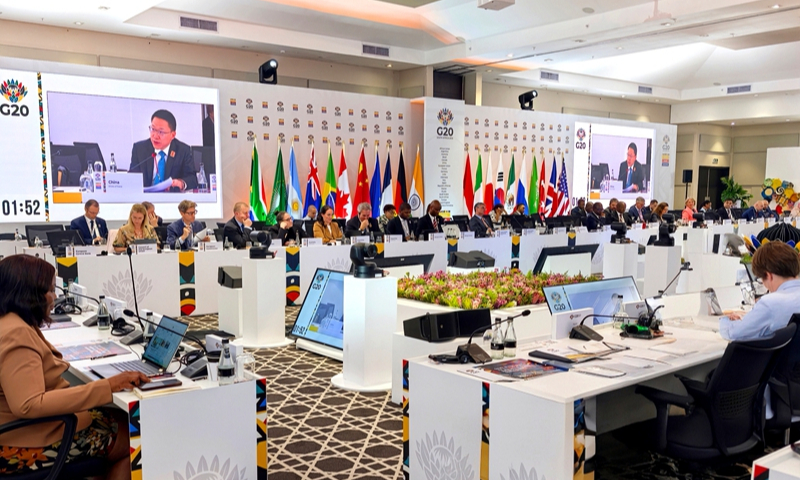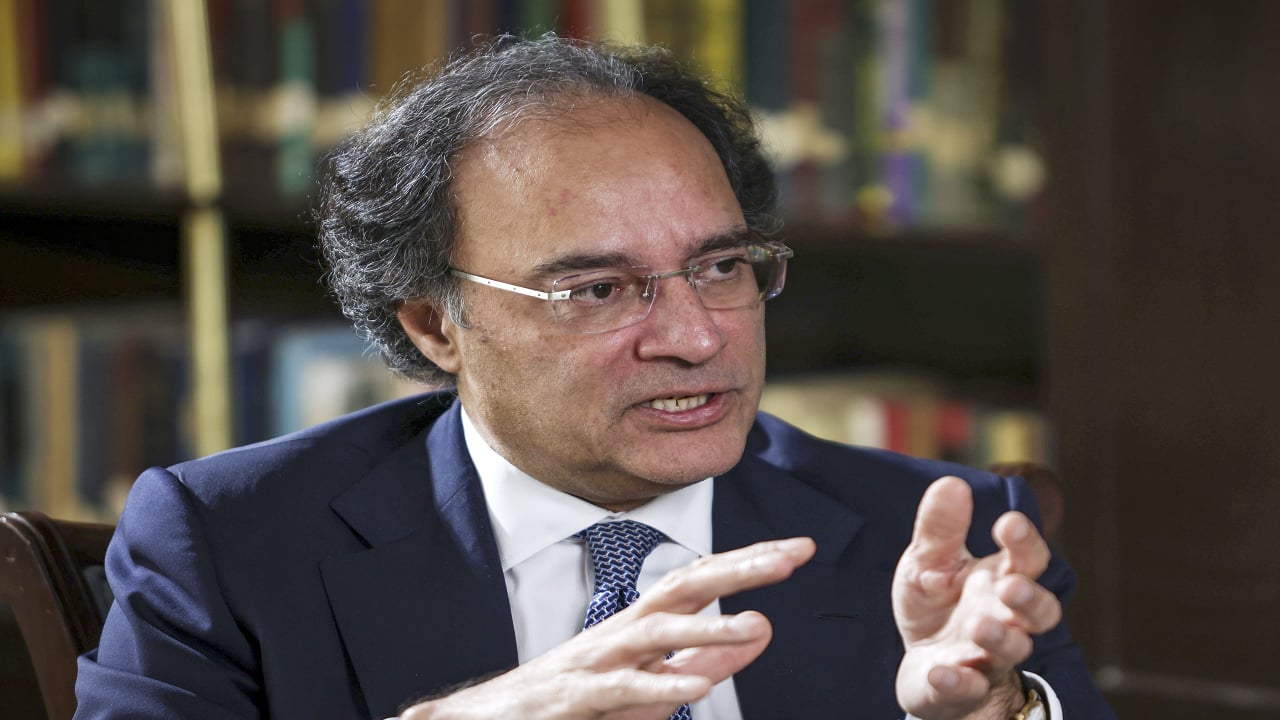Singapore Economists Weigh In: China's Call for Free Trade & Multilateralism at G20 - What Does It Mean for SG?

At the recent G20 Finance Ministers and Central Bank Governors meeting in Durban, South Africa, Chinese Vice Finance Minister Liao Min strongly advocated for multilateralism and free trade. This call for global cooperation has sparked considerable discussion, particularly within Southeast Asia. But what does China’s stance truly signify, and how might it impact Singapore’s economy and trade relations?
China's Message: A Response to Global Trends
Minister Liao’s remarks come at a time of increasing geopolitical tensions and protectionist sentiments globally. The rise of trade wars, supply chain disruptions, and a general questioning of globalization have created a complex landscape for international commerce. China’s consistent championing of multilateralism and free trade can be viewed as a direct response to these trends, aiming to stabilize the global economic order and ensure continued access to international markets.
Key Points from Liao Min's Address
During the meeting, Liao Min emphasized the importance of:
- Strengthening Global Cooperation: He stressed that countries must work together to address shared economic challenges, such as inflation, debt sustainability, and climate change.
- Upholding the WTO System: China reiterated its commitment to the World Trade Organization (WTO) and its rules-based trading system, advocating for reforms to ensure its effectiveness.
- Promoting Inclusive Growth: Minister Liao highlighted the need for policies that benefit all nations, particularly developing economies, and foster a more equitable global distribution of wealth.
Implications for Singapore: A Strategic Partner
Singapore, as a staunch advocate for free trade and a key trading partner of China, stands to benefit significantly from China's continued commitment to multilateralism. Here's a breakdown of potential impacts:
- Trade Opportunities: A stable and predictable global trading environment, facilitated by adherence to WTO principles, provides a conducive backdrop for Singaporean businesses to expand their exports and investments in China and other markets.
- Regional Connectivity: Singapore’s strategic location and robust infrastructure make it a vital hub for regional trade. China's support for regional economic integration aligns with Singapore's own efforts to strengthen connectivity and facilitate trade flows.
- Investment Flows: A more open and transparent global economy attracts foreign investment. Singapore’s pro-business environment and skilled workforce are likely to remain attractive to Chinese investors.
- Financial Stability: China’s emphasis on global financial cooperation can contribute to greater stability in the international financial system, safeguarding Singapore's financial sector.
Singapore Economists' Perspectives
Speaking to local media, several Singaporean economists lauded China’s stance. Dr. Emily Tan, a senior economist at the Institute of Policy Studies, noted, “China’s call for multilateralism is a welcome development, especially given the current protectionist climate. Singapore’s economic success is deeply intertwined with free trade, and we strongly support efforts to strengthen the global trading system.” However, some cautioned that China's actions must align with its words, and that transparency and a level playing field are crucial for ensuring fair trade practices.
Looking Ahead
The G20 meeting served as a crucial platform for reaffirming the importance of international cooperation in addressing global economic challenges. China's vocal support for multilateralism and free trade provides a glimmer of hope amidst rising global uncertainties. For Singapore, navigating this evolving landscape will require continued engagement with China and a steadfast commitment to upholding the principles of free and fair trade.





